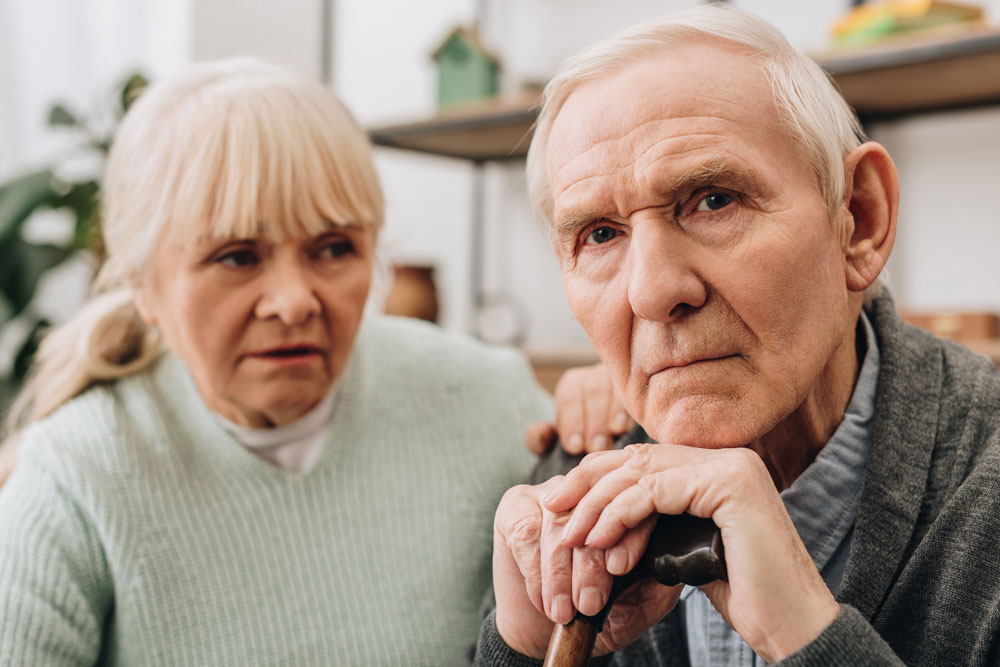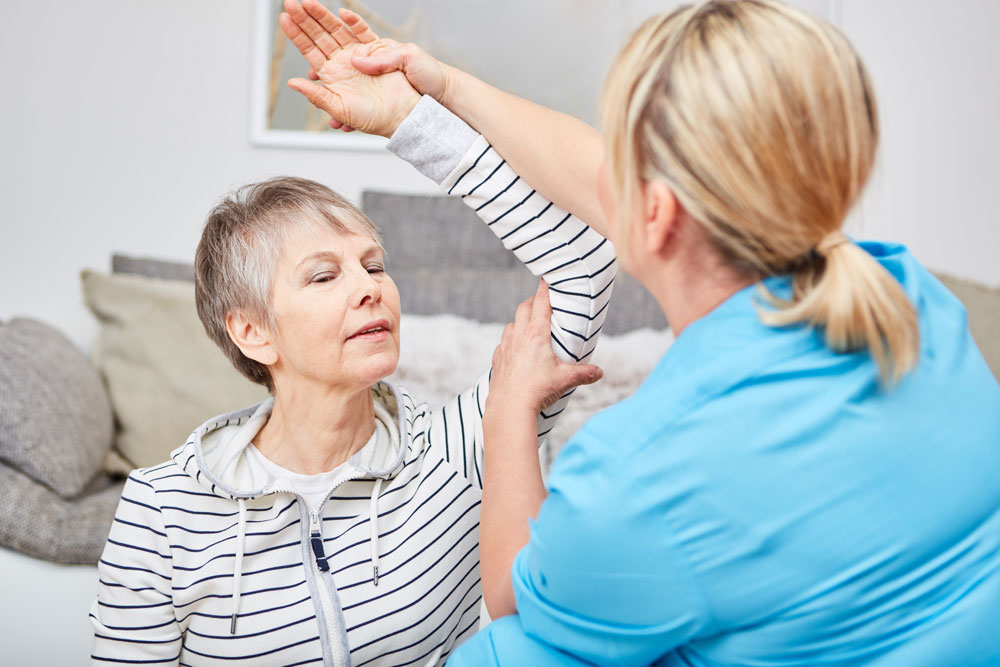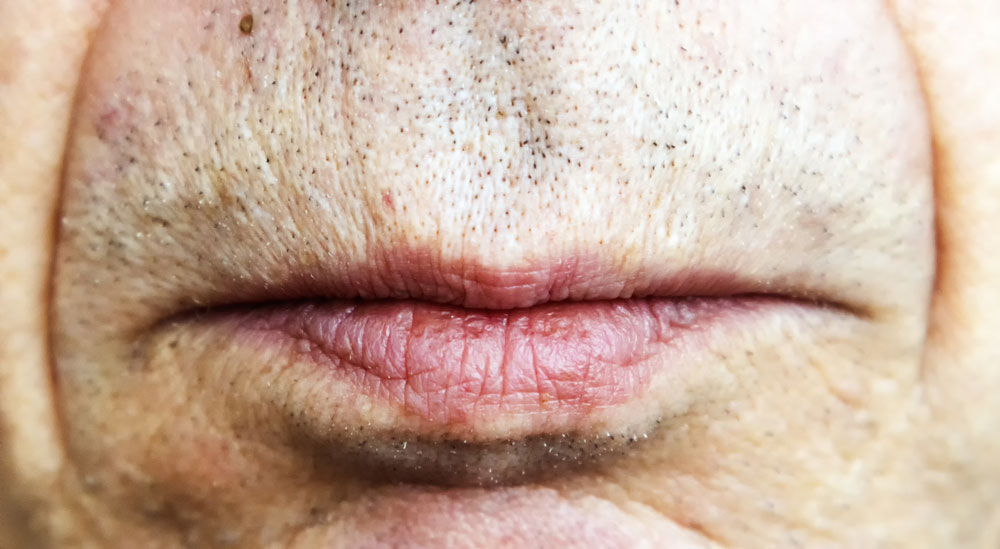Do the residents get the nutrients they need?
This article, which is written based on Swedish conditions, can perhaps inspire interested people from other countries as well.
There is a difference between food and nutrition. It is possible to be overweight and malnourished at the same time. Those who live in a nursing home are dependent on the employees understanding the importance of offering a varied diet. There also needs to be routines for following up nutritional intake and detecting malnutrition.
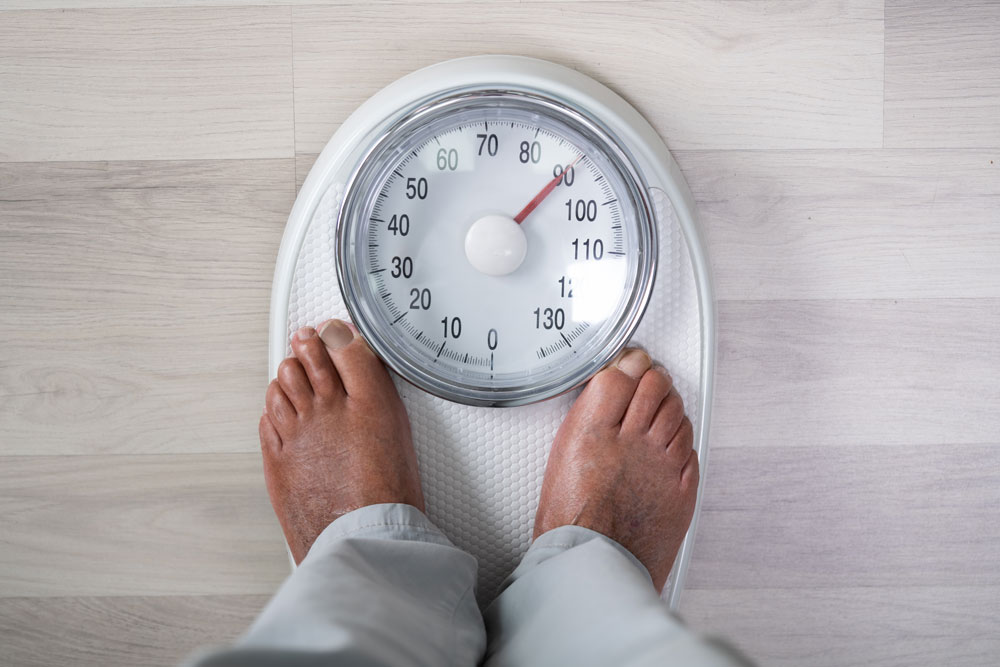 Foto: Mostphotos
Foto: MostphotosNutritional status needs to be monitored regularly
The employees must check the resident's weight and BMI as these may indicate medical risks or deteriorating health. The nurse has overall responsibility for ensuring that those living in nursing homes get enough food and nutrition.
Weight should be checked regularly, preferably every 14 days but not less than once a month and more often if necessary. By taking the resident's weight and dividing it by the patient's height x 2, for example 1.70 x 1.70 m, the BMI can be calculated and this gives an image of whether the elderly person is malnourished and has a low BMI. A normal or high BMI does not automatically mean that the elderly person is not malnourished. It is not the weight that is decisive, but that the individual gets the right form of nutrients. The diet must therefore be well planned and varied.
It is also important to regularly follow up with the residents what they think of the food and/or note the amount that is thrown away. The most important thing is that the food ends up in the stomach.
How big is the energy requirement for an elderly person?
The energy requirement is 25-30 kcal/kg body weight and the fluid requirement 30 ml/kg. This means that someone who weighs 60 kg needs approximately 1800 kcal and 1800 ml of liquid per day. This is knowledge that the staff needs to know in order to be able to calculate whether a resident has taken in enough nutrition and fluids. When it's hot outside, it's especially important that the elderly drink enough to avoid dehydration. It is all too common in the summer and sometimes leads to unnecessary admissions to hospital. During the summer, staff need to be reminded to provide extra fluids. It is not always possible to reach recommended levels and the assessment must be made on a case-by-case basis. It is also not possible to force residents to eat and drink.
Certain medical conditions can mean that even more nutrition is needed.
What can weight loss be due to?
When fluid and nutrient intake is impaired, it is important to investigate what is causing it. Many times it can be age and illness, and it is then natural that the elderly eat worse, but it can also be malnutrition that causes the deterioration. In Alzheimer's disease, it is common to lose weight even before a diagnosis is made, and weight loss increases with the severity of the disease. Underlying causes can be depression and lack of initiative as well as reduced hunger and thirst. Aggressiveness at night can be due to too little nutrition during the day. Other causes of weight loss in Alzheimer's disease can be difficulties in interpreting visual impressions, difficulties in performing voluntary actions and language difficulties. Walking behavior leads to an increased energy expenditure.
Weight loss can also be due to nausea and vomiting. Communication between the healthcare staff and the nurse is important for the right measures to be taken. Weight loss can also be linked to swallowing difficulties and is common among people with dementia and people who have had a stroke or have another neurological disease. In these cases, a speech therapist can be contacted and carry out an investigation and assessment of severity and possible measures. It is important that everyone and not only people with swallowing difficulties sit upright when eating so that they do not swallow incorrectly. Many people with swallowing difficulties may need special diets such as Timbal diet and thickeners in drinks. It is also important to make sure that any false teeth are in place and that the oral health is good.
Nutritional status should be done in case of weight loss. How much does the resident weigh, how big is the weight loss over time. BMI is calculated and appetite is examined.
How much does the elderly person eat and drink?
In case of reduced fluid and nutrient intake, it may be relevant to fill in a food and fluid registration to check the intake. Fluid registration may also be relevant if the resident has severe heart failure and is at risk of accumulating fluid. The intake of liquid is then usually limited to a maximum of 1500 ml per day. Many of the heart failure patient's medicines are diuretics and cause increased thirst. If the resident feels thirsty, ice cubes can be given to suck on.
In the event of malnutrition, it is important that the diet is high in energy and protein. Sauces can be strengthened with extra cream. Nutritional supplements can sometimes advantageously be mixed into the food. Nutritional drinks and shots with extra nutritional content can be served between meals, but it is important to avoid, as far as possible, that nutritional drinks become a substitute for regular food. There are also recipes for good homemade nutritional drinks. A late evening meal can be important so that the night fast does not become too long and breakfast should be versatile and preferably contain both porridge and eggs.
What can be done to prevent malnutrition?
- Individually adapted diet. It can, for example, be a nutrient-enriched diet, a texture-adapted diet or a desired diet.
- Offer snacks regularly. In order to get enough nutrition, the elderly may need to eat often.
- The meal environment is of great importance for appetite and food intake. Nicely served food and a pleasant atmosphere increase the appetite.
- Individual support with review of sitting position, eating utensils and if the resident needs any special support in connection with the meal. The resident may have vision loss and thus not see the whole plate and think he has finished eating.
- Agree with relatives about what habits and preferences the resident has.
- Physical activity and social interaction promote appetite.
If you do not manage to solve the problem, consult a dietician. They have very valuable knowledge to treat malnutrition.
Meal handbook is a good support for pleasant and good meals
If you as a care provider want to create a good culture around meals where the meal becomes a content-rich social activity, you can produce a meal handbook. There you can give the employees support in how they should work to create pleasant meals for the residents and how the business should work to stimulate appetite and avoid malnutrition.
Reflection questions - nutritional intake
Care staff:
- Is the diet you offer sufficiently varied?
- Are the residents getting what they need?
- Do you have residents who are malnourished?
- Do you have any thoughts about how you post special diets so that they look appetizing?
- Is it possible to choose different types of nutritional drink for those who need one?
Manager, nurse, occupational therapist and physiotherapist:
- Do you have residents who are malnourished? Do you have a well-functioning partnership to help them get enough nutrition?
- Do routines around weighing the residents work?
- Is there a culture where meals are served in an appetizing way?
Resident and next of kin:
- Do the residents get the nutrition they need?
Erland Olsson
Specialist nurse
Sofrosyne
Better care every day
Aktuellt i media
- 2024-04-18 04:00 10 Aktivitet o funktionsbevarande arbetssätt
-
2024-04-15 04:00
09 Mat och måltid
Food and fall prevention. How the nursing home ensures a safe and nutritious food handling.
info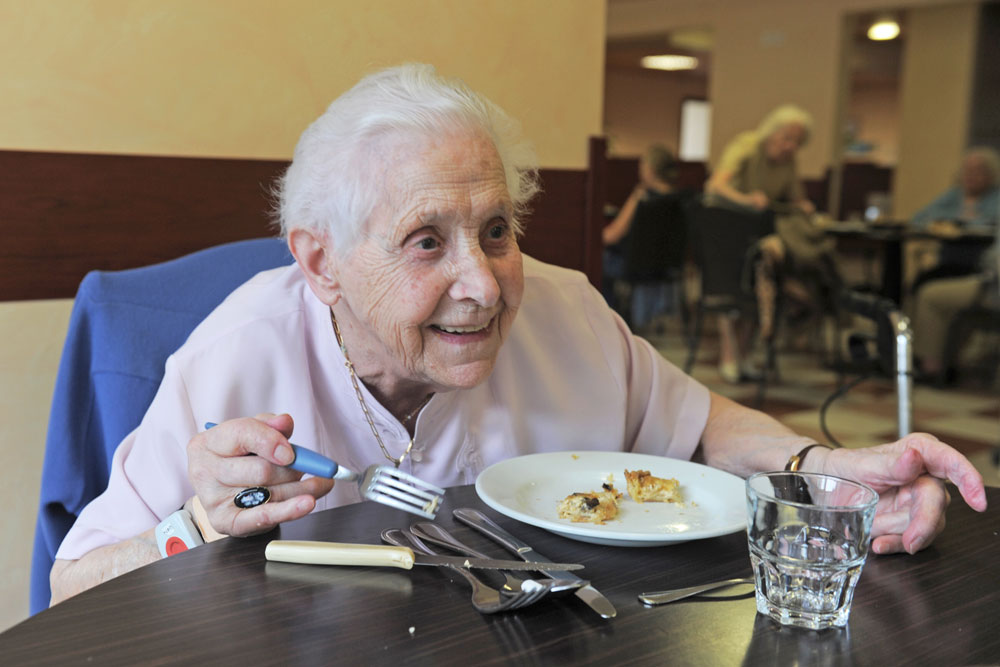 Foto: Mostphotos
Foto: Mostphotos - 2024-04-11 04:00 05 Planering
- 2024-04-08 04:00 10 Aktivitet o funktionsbevarande arbetssätt
- 2024-04-04 04:00 11 MTP
- 2024-04-02 04:00 12 Personlig omvårdnad


